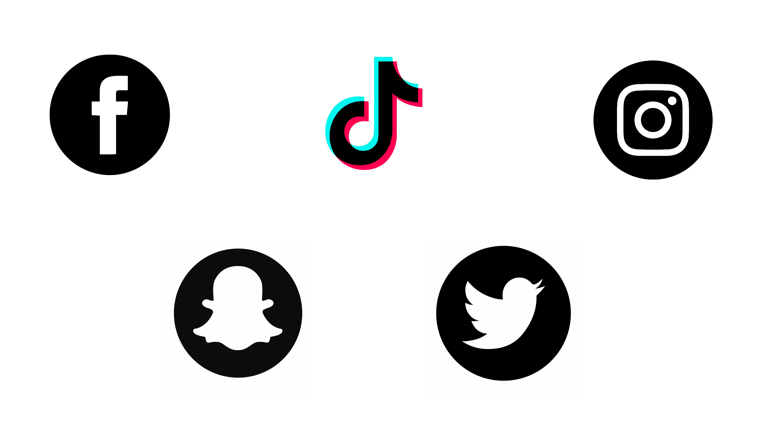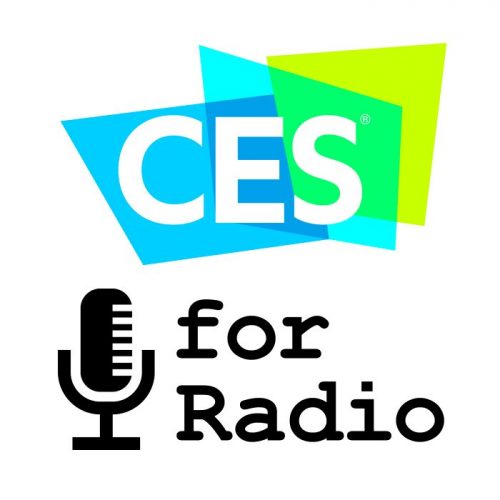February 5, 2020
Companies Are Shifting How They Engage And Present Themselves To Consumers. It Is No Longer About Brand Marketing, But Brand Storytelling.
Below is a post published last week by Radio Advertising Bureau’s Annette Malave, SVP/Insights.
Once viewed as an event for techies, the annual Consumer Electronics Show in Las Vegas has radically evolved. CES 2020 was not about consumer electronics, it was about the consumer experience. Technology is shifting everything. It is driving brand transformation and enhancing the experience for consumers, while also having an impact on everything they do – banking, cooking, shopping and raising families.
During RAB’s team coverage of CES, the intelligence of things was not only seen, but heard throughout the convention.
Brand positioning and innovation
Creating products that consumers may want is no longer considered a viable option for today’s brands. Brands now need to place the consumer at the forefront, in order to innovate and remain relevant.
As a 182-year-old company, P&G has pivoted and adapted the mentality of a startup, identifying a consumer’s problem and developing a solution.
Retailers must reevaluate how to engage with consumers, both virtually and physically, as consumers shop both online and brick-and-mortar. Retailers can mine data to enhance the value and knowledge of their customers to determine what customers need and how to service them.

Shift in social
Facebook. TikTok. Instagram. While these and many other social media platforms and influencers remain popular, what is their future? At CES, the forecast is one of change.
John Holdridge of Fullscreen, a social content company, believes that there is a pending social recession. While people continue to engage with content on social media, he believes that people are “at a time when they are trying to manage their time better.” Holdridge goes on to say that as people “optimize their time for their health and well being, there may be a point of turn-off for social.”
There will also be a shift in influencers – from highly-recognized celebrities to microinfluencers. Jason Jercinovic of North Highland, a global management consulting firm, believes that 2020 will be the year of microinfluencers. Jercinovic defines microinfluencers as normal people talking about what they are doing, such as mom bloggers and even people you turn to for advice on specific products. These microinfluencers place more importance on the audience being influenced, giving brands the opportunity to take advantage of a more intimate relationship, formed via social media.
Success with podcasts
Still in a high-growth mode, the key to successful podcast content and engagement is simple. Anya Grundmann of NPR touts their success to keeping ad messaging limited and “not so in-your-face.” According to Grundmann, the message must sound authentic and not negatively impact the reason for the people listening to that show.
What it means for radio
Thanks to technology, there is a collision between audio and voice and consumers are benefiting from it all.
- Radio is now more discoverable. HD Radio delivers a rich multimedia user experience – rich graphics, images and supporting text that enhances the end-users’ broadcast radio experience.
- Voice is now part of the ecosystem. With AI devices, it is now convenient for listeners to shout out something and make it happen – whether it is listening to a radio station or finding out more about a product they heard during a broadcast.
- Focus on the importance of community. Advances in technology may never be able to replicate the connection to community. Auto dealers recognize the importance of that connection and the power of audio and its scale, which leverages the channel of audio to help serve their community.
- Radio works. Attribution and metrics prove that. According to March Pritchard, P&G, “radio is as efficient and a delivers a higher ROI than other media.”
For more detailed insights from industry experts, watch RAB’s wrap up video from CES.

